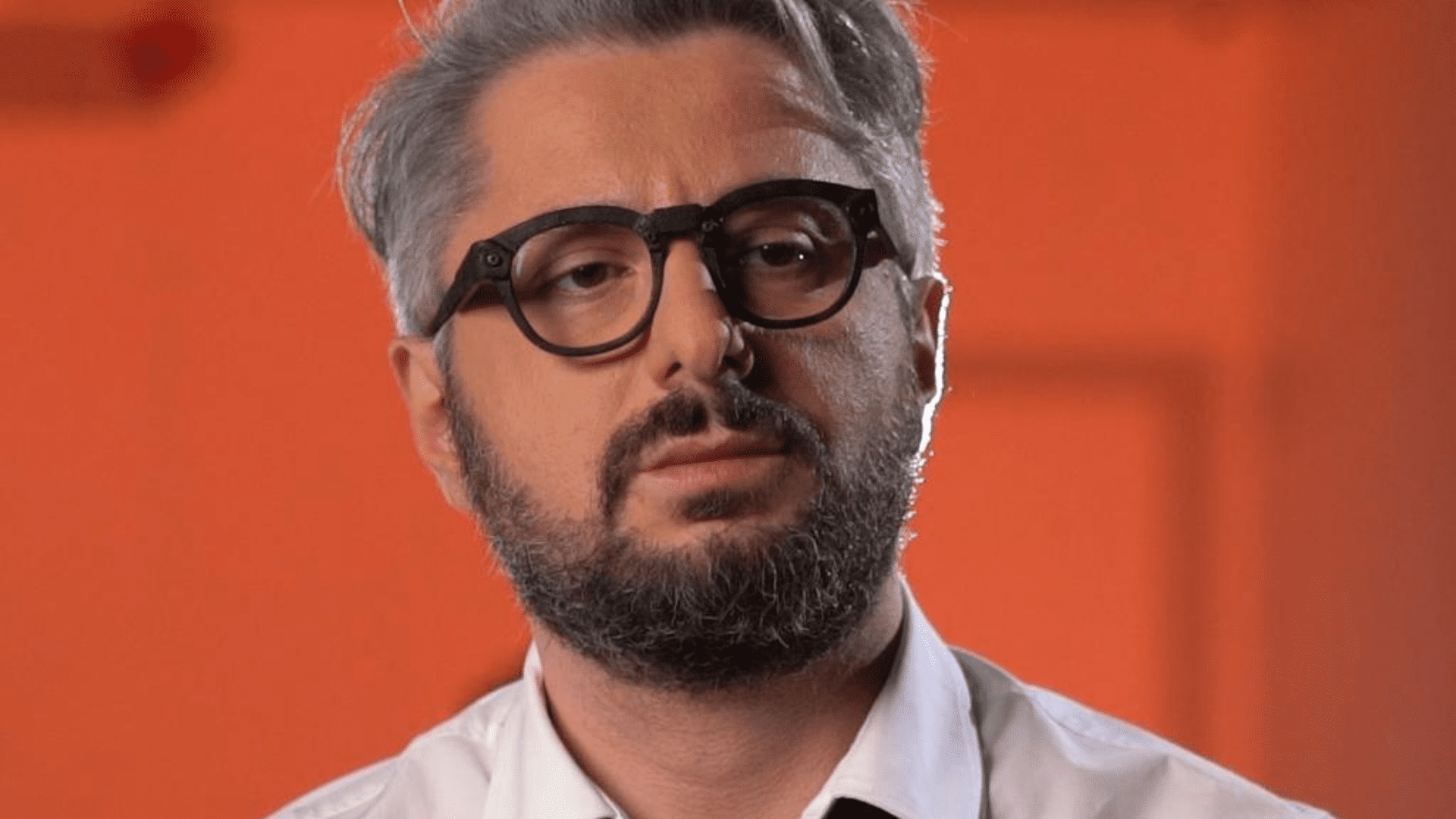In October 2023, Media Defence filed Nika Gvaramia’s case at the European Court of Human Rights (ECtHR), challenging his unlawful detention and the denial of his right to a fair trial.
Background
In May 2022, Nika Gvaramia, a prominent and award-winning Georgian journalist and leading opposition politician, was convicted of abuse of power and sentenced to 3.5 years imprisonment. He was baselessly charged with certain crimes for business decisions taken in his capacity as Rustavi 2’s director-general. Rustavi 2 was an opposition TV station. Given Gvaramia’s critical stance towards the current Georgian government, his sentence and conviction have been widely condemned as disproportionate and politically motivated. Media Defence previously raised concerns about the likelihood that Gvaramia’s conviction was on account of his journalistic work and political views.
On 22 June 2023, following repeated calls from international, European and Georgian organisations, the Georgian President pardoned Mr. Gvaramia. However, by this point, Mr. Gvaramia had served over a year of his prison sentence. His detention not only prevented him from earning a living, but it also negatively impacted his reputation and violated many of his democratic rights.
Gvaramia’s appeal against his sentence and conviction was rejected by both the Tbilisi Appeals Court and the Georgian Supreme Court. Following exhaustion all options for appeal within Georgia, Media Defence has filed Gvaramia’s case at the European Court of Human Rights, challenging his unlawful detention.
Gvaramia’s ECtHR case
Mr Gvaramia’s case is that by unlawfully detaining him and denying him the right to a fair trial Georgia has violated numerous human rights.
He alleges that Georgia violated his right to liberty through unlawful detention, as the acts underlying the conviction — Mr Gvaramia’s alleged signing of an unfavourable advertising contract and his personal use of a company car — were not criminally punishable.
Additionally, in determining the 3.5-year prison sentence the courts used arbitrary reasons like crime prevention and maintaining public peace, despite his alleged offences relating to corporate matters. In addition, his sentence was manifestly disproportionate.
Mr Gvaramia was also denied a fair trial. The Tbilisi City Court repeatedly put the defence at a disadvantage, with unfair time limits, biased exclusion of evidence, and overly hasty judgments.
Mr Gvaramia also alleges that he was also denied access to an impartial and independent tribunal, since the trial judge at the Tbilisi City Court had a close relationship with a prosecution witness who had a financial interest in the case.
Mr Gvaramia’s prosecution, conviction and detention amounted to an “interference” with his private life, as Georgia prevented him from carrying out his professional duties. As a consequence of his conviction and detention, he was prevented from earning a living and his reputation was negatively impacted. His detention also interfered with the possibility of establishing and developing social relations with others.
In addition, Nika Gvaramia alleges that Georgia violated his right to freedom of expression by convicting and detaining him in order to silence and punish him for his journalistic work. He has repeatedly been targeted by Georgia’s current ruling party for his journalistic and editorial work, political views, and involvement with the media.
A broader campaign to silence dissent
A further concern relates to the fear that his prosecution formed part of a broader campaign by the Georgian government to impede the journalistic work of government-critical media outlets. There is serious risk that Mr Gvaramia’s conviction and detention will have a chilling effect on wider freedom of expression in Georgia, with a culture of self-censorship developing over fears of a legal or regulatory backlash, resulting in the suppression of political pluralism and limiting freedom of political debate in Georgia.
Nika Gvaramia alleges violations of his rights under Articles 5, 6, 7, 8, 10 and 18 of the European Convention on Human Rights. He is represented by Pádraig Hughes and Sabah A from Media Defence, Georgian lawyer Dimitri Sadzaglishvili, and Lee Rovinescu, Alexandra Van Der Meulen, Anika Havaldar, Maysin Meisenheimer, Photeine Lambridis, and Adam Silow, from Freshfields Bruckhaus Deringer.
Recent Case Studies
Prominent Georgian journalist and politician Nika Gvaramia brings complaint to the ECtHR
The precarious state of press freedom in Turkey, entwined with a deteriorating democratic environment, poses significant challenges to journalists. Increasingly they face arbitrary arrests, legal threats, and increasing violence in their pursuit of reporting truth. In response to these threats, the Media and Law Studies Association (MLSA), our partner, actively defends press freedom and human […]
Prominent Georgian journalist and politician Nika Gvaramia brings complaint to the ECtHR
23 October 2023 marks one year since the killing of prominent Pakistani journalist and news anchor for Pakistani broadcaster, ARY News, Arshad Sharif. Sharif was fatally shot at close range by Kenyan Police at a roadblock near Nairobi. To this day, a transparent, independent and effective investigation into the circumstances of his death has not […]
Prominent Georgian journalist and politician Nika Gvaramia brings complaint to the ECtHR
November 2nd marks the International Day to End Impunity for Crimes Against Journalists. The threats and dangers that constitute a stark reality for many journalists reinforce the importance of this day. Every year journalists are killed, tortured, and harassed for carrying out their work. Over 1,600 journalists have been killed since 2003 with a sharp […]



